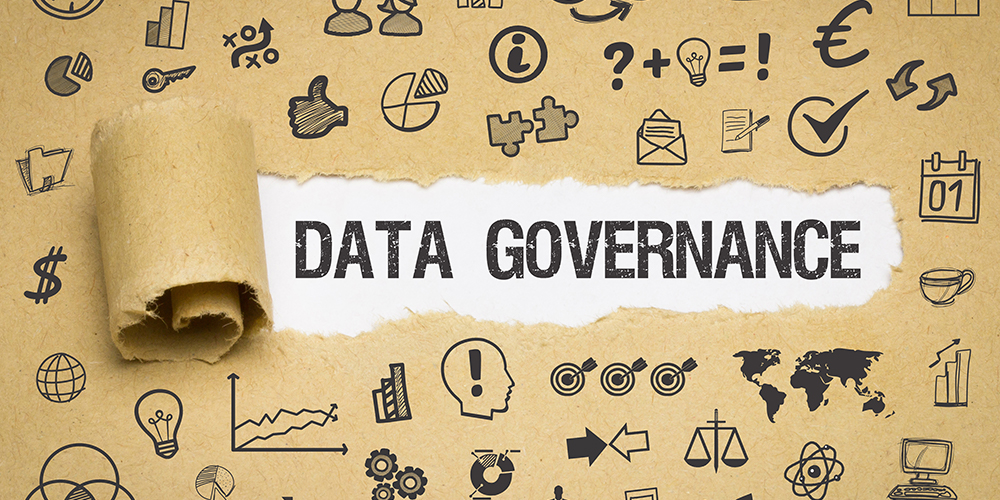Data collection by businesses is a given, and a great deal of data is collected by a business in the process of performing its functions. In turn, it can help a business perform its role. For data to be used well, it must be of top quality, be available, and kept secure. Read on to learn more about data governance for your business.
Benefits of Protecting Data
Your company has many reasons to protect its data. For one thing, cyber criminals are waiting to get company data they can exploit, to put on the dark web or to design social engineering schemes. What if employee data was exposed, and used to compromise your company’s reputation, or the reputations of your customers? If a nonprofit’s donor data was leaked, their reputation would be damaged and they might even have to close. Businesses subject to data compliance regulations like HIPAA or GDPR have to pay fines for data breaches, and sustain loss of reputation as well–both things that safeguarding data can help avoid.
How to Safeguard Your Company’s Data
What are things a business can do to safeguard their data? First off, a company can consistently inventory its data, disposing of content it no longer needs. Along with this practice, not saving old data in general keeps exposure risks to a minimum. Instead of keeping data on multiple servers on the premises, look to secure remote data storage to keep it safe in one place. Doing a data inventory also helps you discover what personally identifying information (Social Security numbers, birthdates) or financial (credit card numbers or electronic payment numbers) is on their computers.
Having a structure for managing and using data will bring your business multiple benefits. For help with setting up your company’s policies and procedures for using and storing data, contact your trusted technology advisor today.
